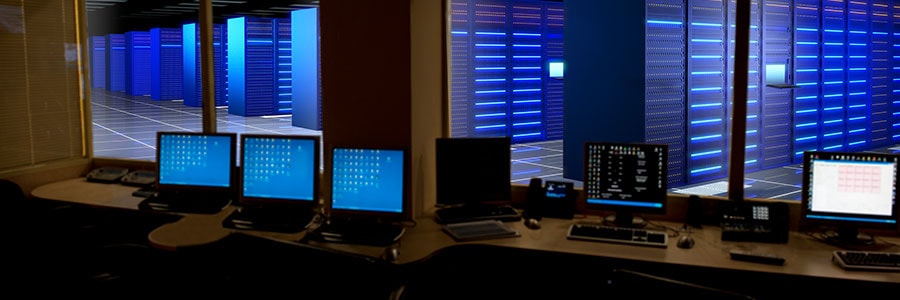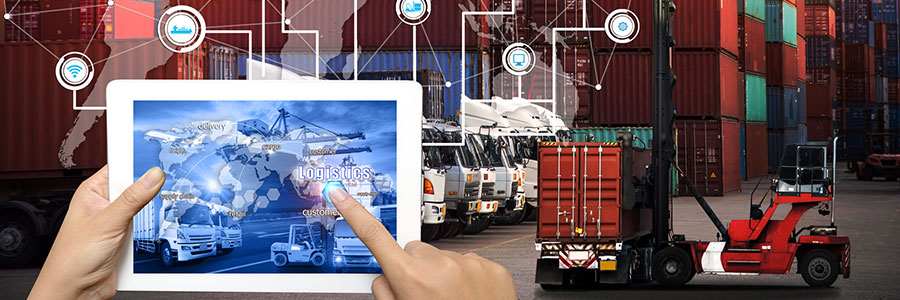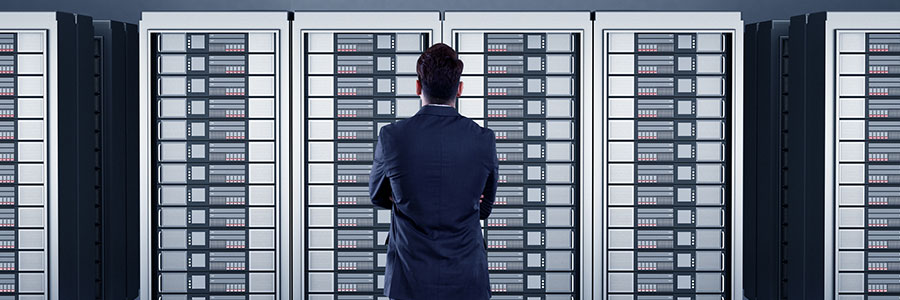Business continuity is often overlooked until it’s too late. But with the cloud on their side, IT departments and business owners can more easily adopt this strategy to help avert the next outage. Here’s how the cloud benefits implementations of business continuity.
Taking business continuity to the cloud
Will virtual containers change IT?
Virtualization is different from the cloud

Virtualization and cloud computing can be confusing, especially to business owners who are not familiar with them. But when you understand their differences, you’ll be able to best take advantage of these technologies.
Virtualization
Imagine a company with five servers, each assigned a single task such as storage, email, etc.
The basics of serverless computing

Serverless computing is one way to reduce management burdens brought about by the need to configure several servers. But before you adopt this technology, it’s important that you first understand its basic principles as well as how you can leverage it to improve your day-to-day operations and, ultimately, your bottom line.
The lowdown on cloud security
Hybrid clouds make SMBs more flexible
The lowdown on virtualization and the cloud

Virtualization and cloud computing are sometimes used interchangeably, and it's easy to see why people confuse the two. To set the record straight, virtualization is NOT cloud computing. But these two revolutionary technologies often overlap.
Virtualization
Imagine a company with five servers, each assigned a single task such as storage, email, etc.
Virtualization Containers 101

New technological developments such as cloud computing and virtualization are prying small- and medium-sized businesses away from traditional client-server architecture. In contention now lie Containers, a technology influenced by cloud computing that offers a less complex alternative to virtualization.







